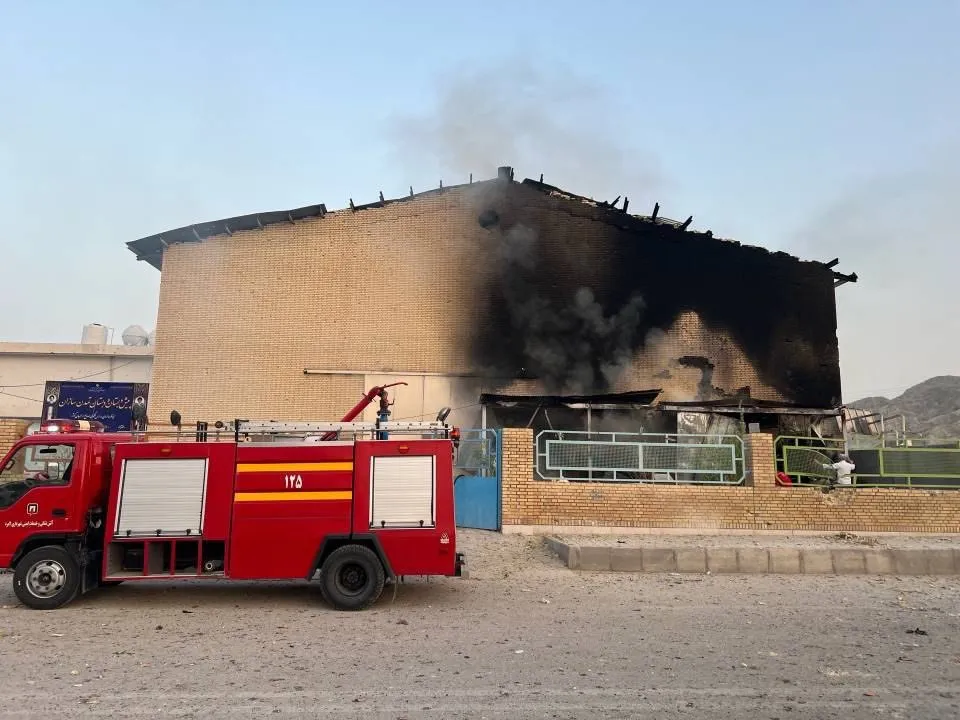 The U.S. military estimates that $360 million spent on combat support and reconstruction contracts in Afghanistan has ended up in the hands of people the American-led coalition has battled for nearly a decade: the Taliban, criminals and local power brokers with ties to both, The Associated Press has learned.
The U.S. military estimates that $360 million spent on combat support and reconstruction contracts in Afghanistan has ended up in the hands of people the American-led coalition has battled for nearly a decade: the Taliban, criminals and local power brokers with ties to both, The Associated Press has learned.
The losses, measured over the past year by a special task force assembled by Gen. David Petraeus, underscore the challenges the U.S. and its international partners face in overcoming corruption in Afghanistan. A central part of the Obama administration's strategy has been to award U.S.-financed contracts to Afghan businesses to help improve quality of life and stoke the country's economy.
But until Task Force 2010 began its investigation, there was little visibility into the connections these companies and their vast network of subcontractors had with insurgents and criminals, what military officials call "malign actors."
The murky process is known as "reverse money laundering." Payments from the U.S. pass through companies hired by the military for transportation, construction, power projects, fuel and other services to businesses and individuals with ties to the insurgency or criminal networks. "Funds begin as clean monies," according to task force documents obtained by the AP, then "either through direct payments or through the flow of funds in the subcontractor network, the monies become tainted."
The conclusions by Task Force 2010 represent the most definitive assessment of how U.S. military spending and aid to Afghanistan has been diverted to the enemy or stolen by criminal elements. Only a small percentage of the $360 million has been garnered by the Taliban and insurgent groups, said a senior U.S. military official in Kabul. The bulk of the money was lost to profiteering, bribery and extortion by criminals and power brokers, said the official, who declined to provide a specific breakdown.





 We shouldn’t beat around the bush: Donald Trump’s and Benjamin Netanyahu’s military attack on Iran is...
We shouldn’t beat around the bush: Donald Trump’s and Benjamin Netanyahu’s military attack on Iran is... Events are still unfolding rapidly across the Middle East, so here's a quick recap: The death...
Events are still unfolding rapidly across the Middle East, so here's a quick recap: The death... Dozens of teenage girls were attending their regular training sessions of volleyball, basketball, and gymnastics in...
Dozens of teenage girls were attending their regular training sessions of volleyball, basketball, and gymnastics in...






























